After a decade of preparation, on July 1 Croatia officially joined the European Union. Rod James examines how this will affect its banks and whether joining can help to stimulate the country’s pedestrian economy.

26 April 2024

After a decade of preparation, on July 1 Croatia officially joined the European Union. Rod James examines how this will affect its banks and whether joining can help to stimulate the country’s pedestrian economy.

The UAE’s standing as a regional safe haven has helped the country’s banks enjoy a stellar first half of 2013. Rod James takes a closer look at the figures.
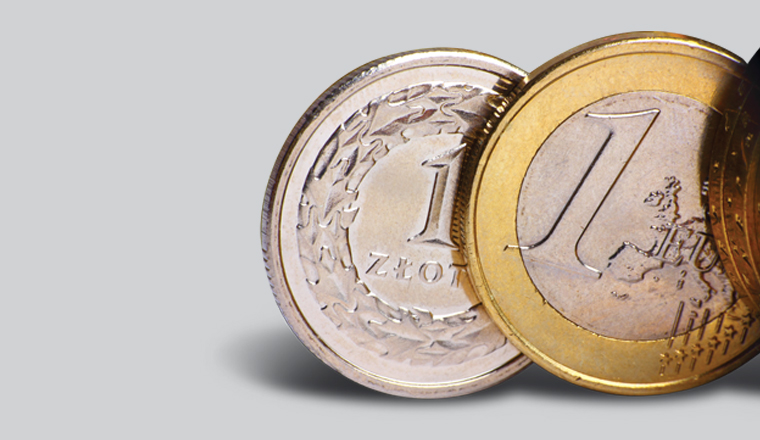
VTB's capital increase; Slovenia's return to the debt markets; and Russian banks' results.

Dubai's debt restructuring and Bank of Baroda's regional expansion.
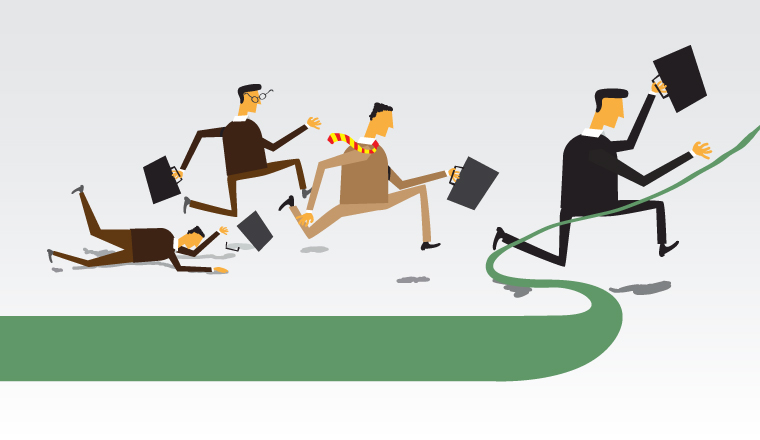
Companies in emerging markets are catching up with their developed-market peers in addressing sustainability. Guido Giese, head of indices at investment firm RobecoSAM, tells Tim Burke about this and other trends his research team have found.
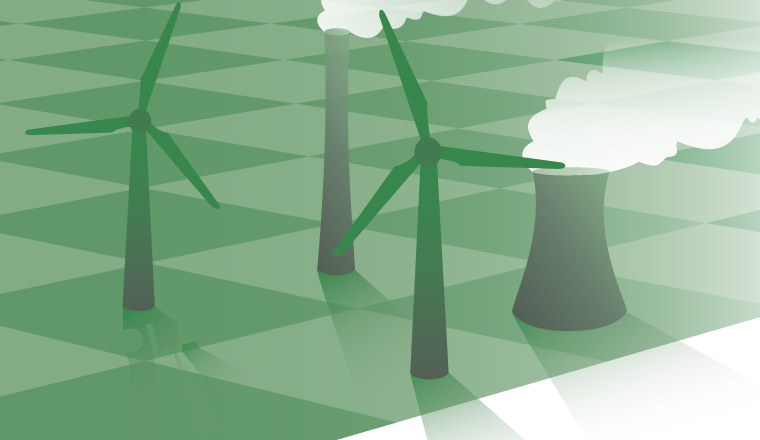
Companies are finding innovative ways to fund their renewable energy projects, writes Tim Burke.
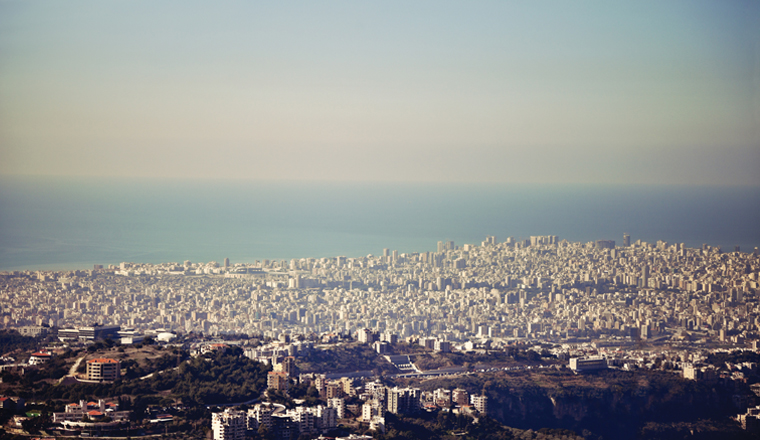
Lebanon’s economy has been battered by spill-over from the Syrian civil war and volatility in the country’s own political sphere. But its banks have proved resilient as always, and are now looking overseas for new business. Tim Burke reports.

A watered-down bill to revive Europe’s ailing carbon trading scheme has been passed, but what it will do for investor confidence is uncertain, writes Rod James.
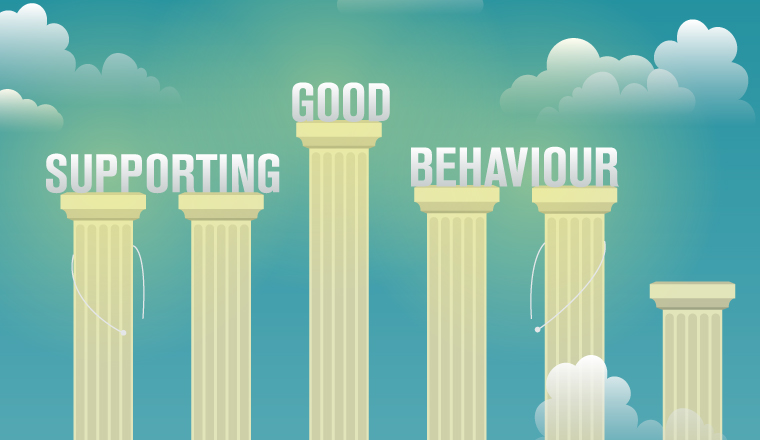
The United Nations’ Principles for Responsible Investment initiative is encouraging fund managers to build sustainability into their investment decisions. Tim Burke talks to James Gifford, its chief executive.
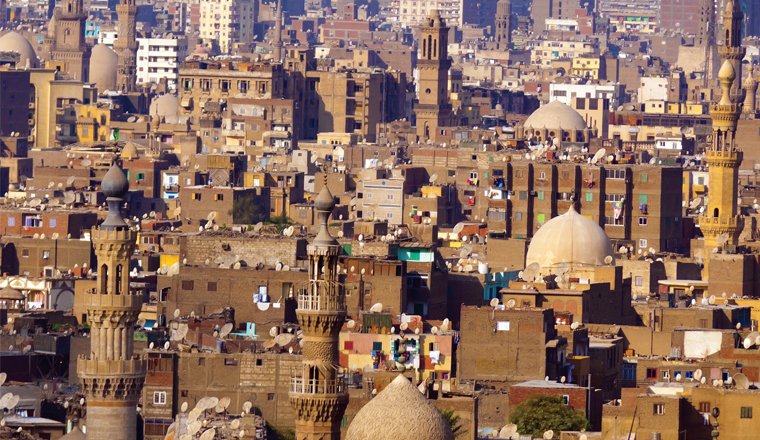
A toxic mix of weak growth, rising inflation, strained public finances and a rapidly declining currency has pushed Egypt to crisis point. Rod James examines how this position can be reversed and whether there will be the political stability to do it.
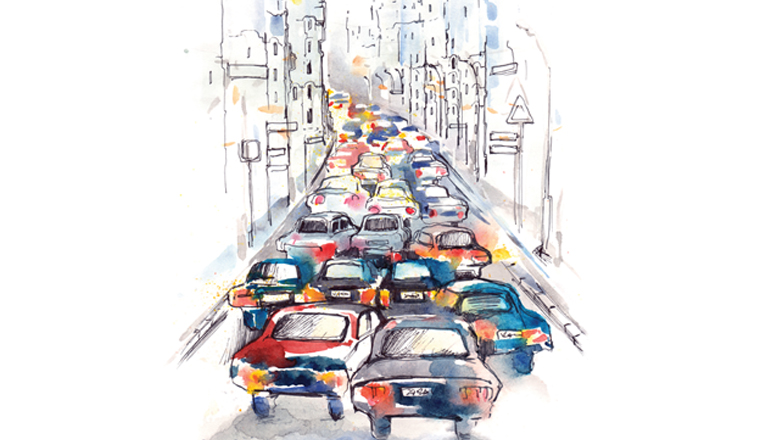
While most of Europe ground to a halt, Poland had years of consistently speedy economic expansion. As growth slows, Rod James analyses what Polish banks can do to get things moving again.
